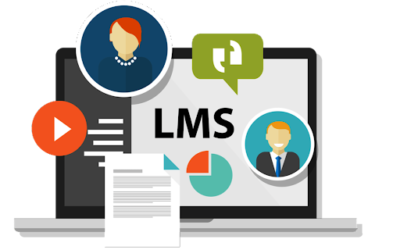Identifying the Main Causes of Muscle Pain

Almost everybody experiences aching or sore muscles occasionally. Muscle pain can be excruciating or mild. Muscle pains usually get resolved within a short time. However, some muscle pain issues may linger for a few months. Muscle pain may affect everywhere in your body including your legs, back, neck, and even hands. Several things trigger muscle pain, including infections, diseases, and injuries. Muscle pain can be chronic or short-term. Some muscle pains or DOMS (Delayed-Onset Muscle Soreness) are triggered by exercise. You may take the right measures to prevent and effectively manage muscle soreness and pain.
What Causes Muscle Pain
Remember that muscle pains are not always associated with tension, stress, or physical activity. Here are some clinical explanations for muscle pain.
Activity & Exercise
If you are involved in sports, jogging, hiking, or even working in the garden, you may be aware of muscle pain due to overuse. You may experience muscle cramps or muscle strains while running or working out. This condition is known as Acute Muscle Soreness. According to Wikipedia, AMS is muscle pain that is triggered and felt during and within 24 hours of strenuous or vigorous physical exercise. Acute muscle soreness is triggered by a lactic acid buildup. It is often the result of intense workouts. Your muscles will require more oxygen than the amount provided by your blood and lungs. Many people suffer from pain and soreness due to claudication triggered by very little flow of blood to their muscles while exercising. Delayed-onset muscle soreness results from tiny injuries affecting the muscle fibers.
Anxiety, Stress, & Tension
When you are anxious or stressed out, your muscles may tense up for long periods or all of a sudden. Extended periods of stress and tension can culminate in muscle pain affecting your neck, shoulder, or back. Moreover, muscle tension may trigger joint pain, mental health problems, and migraine-related headaches.
Doctors recommend at-home remedies or measures like taking breaks from extended sitting at your desk at work, moving around, and other effective relaxation techniques. You may seek regeneration therapy for alleviating muscle pain. You may contact QC Kinetix (Sylvania) for positive and quick outcomes. Follow the map here.
Injuries
When muscles are flexed or stretched beyond a limit, they may tear because they are not used to getting extended so much. Usually, microscopic tears do not cause serious injuries and get resolved within a couple of days or so. However, muscle pain can be debilitating when tears affect an entire muscle. Sprains associated with connective tissues such as tendons and ligaments also trigger soreness of muscles and considerable muscle pain.
Underlying Clinical Conditions
Several kinds of infections, illnesses, and autoimmune diseases may trigger muscle pain. You may suffer from Restless Leg Syndrome, chronic fatigue syndrome, fibromyalgia, or myofascial pain syndrome resulting in inflammation of the fascia or muscular connective tissue inflammation. Moreover, certain infections like polio, bacterial infections, and flu may cause muscle pain. Moreover, thyroid issues and autoimmune disorders like polymyositis, dermatomyositis, and lupus may cause muscle aches.
Conclusion
Try to understand when to stop. Listening to your body often helps. Avoid doing any activity when your muscles hurt. Start doing new activities by gradually incorporating them into your regimen to avoid undesirable muscle injuries or pain.



































